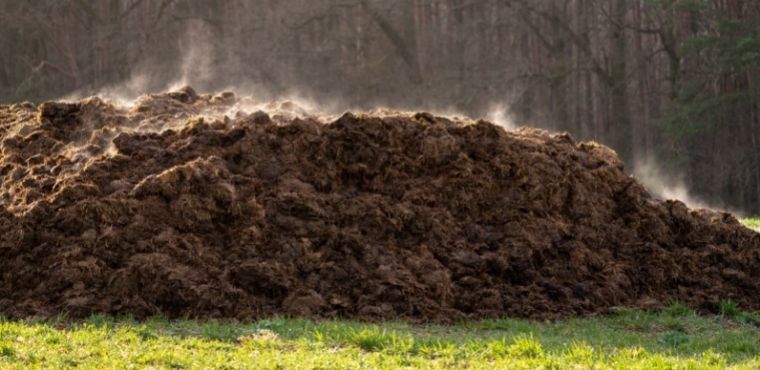Composting is rapidly becoming an essential and highly beneficial practice to farmers around the world. The ability to recycle organic material into fresh soil saves farmers time and money, and it’s good for the land and the environment. Best of all, the different types of compost and their uses make the practice of composting accessible to farmers with different sizes and varieties of farm operations.
Aerobic Composting
One essential type of composting is referred to as aerobic composting. In most situations, organic material left in a closed space can only decompose anaerobically. This commonly occurs in landfills and trash bins, as air can’t reach the material in those places to boost bacteria health. Instead, unpleasant bacteria that can survive corrosive conditions putrefy the material and produce large quantities of dangerous greenhouse gases.
On the other hand, with turning methods, organic material is routinely flushed with oxygen, hence the term “aerobic.” The result is a natural decay of the material into useful, refreshed earth rich in beneficial bacteria. Aerobic composting is a common practice that’s easily scaled for small and large commercial operations.
Aerobic Static Composting
Another version of aerobic composting uses static piles. Air vents are dispersed evenly throughout the piles, forcing fresh oxygen into windrows and resulting in a quick and effective output of high-quality compost. Large-scale farms and businesses that focus solely on compost production use this method most often, serving a vital role in reducing waste, controlling greenhouse gases, and supporting farmers with usable soil and cleaner, more natural fertilizers. Aerobic static composting is one of the main ways large quantities of compost are produced and shipped to farms around the country.
Compost Teas
Of the different types of compost and their uses, few are as controversial as compost tea. Primarily, the concern arises from hobbyist gardeners who don’t use the same procedures as commercial farmers. The disagreement generally focuses on which methods produce safe bacteria cultures and whether teas are more effective than standard compost.
Farmers, on the other hand, absolutely know how to use compost teas correctly. With cutting-edge technology, farmers can bypass the guesswork and produce large quantities of very effective teas. The different methods include sealed brewing, aeration, and cultivation of specified strains to guarantee that the tea has only measurable and positive effects on crops. The brewing method also ensures that, once the tea is distributed across crops, the cultures will live longer and provide more benefits.






